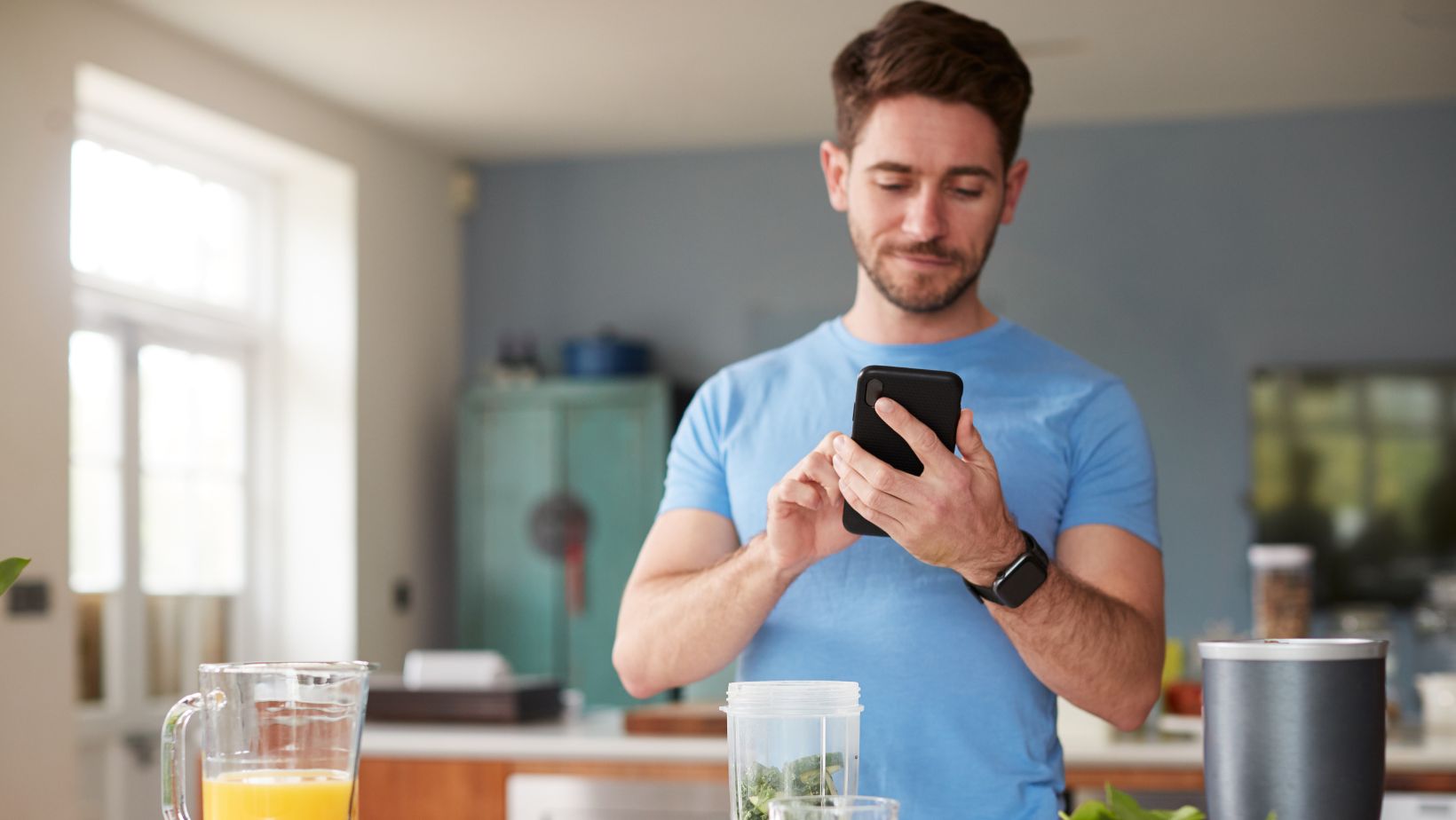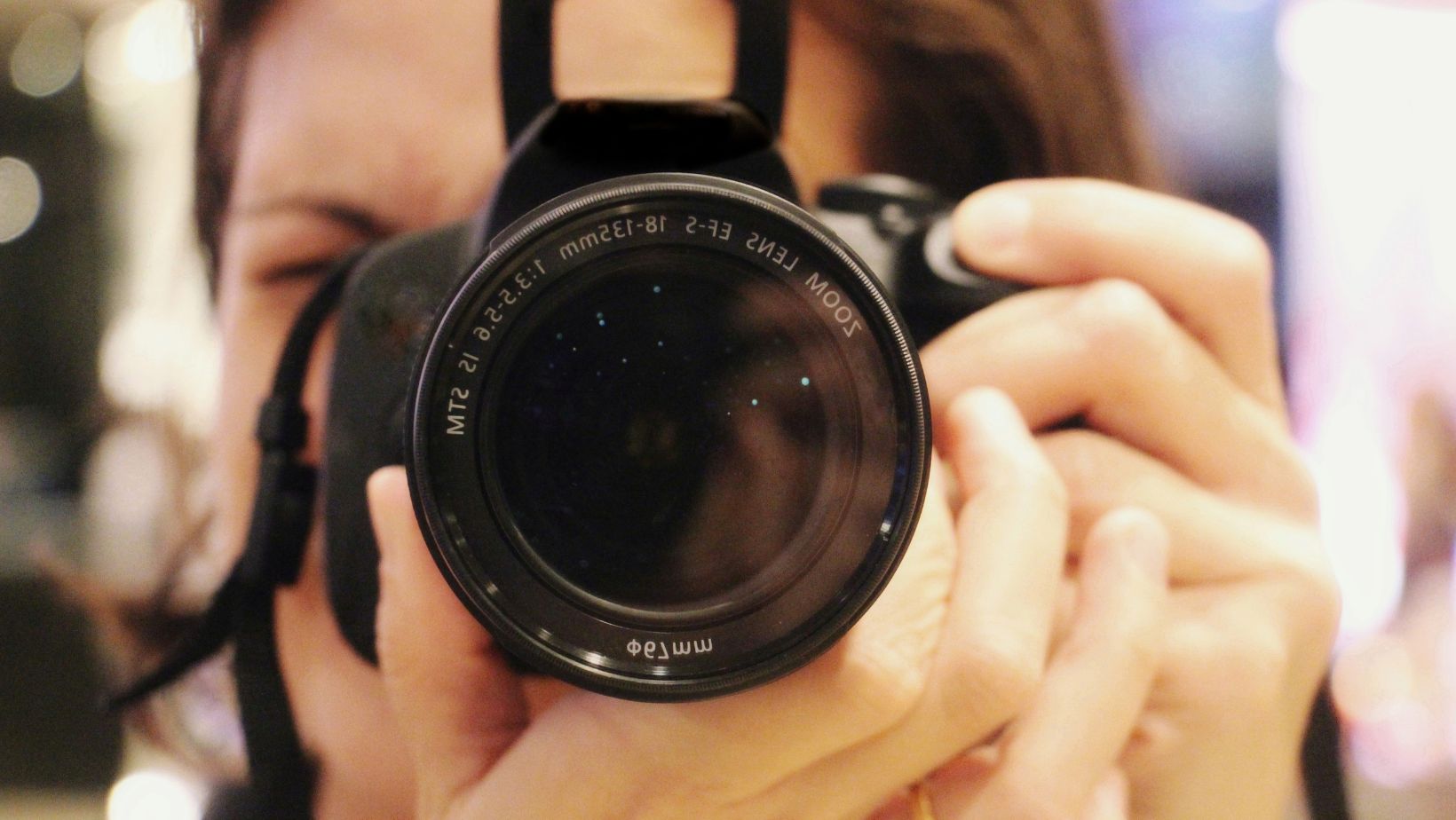In today’s fast-paced digital age, lifestyle apps have become essential tools for individuals looking to streamline their daily routines and enhance their overall well-being. These innovative applications offer a wide range of features designed to help users manage various aspects of their lives, from fitness and nutrition to productivity and mindfulness.
Whether you’re aiming to track your exercise progress, cultivate healthy eating habits, or improve your time management skills, there’s a lifestyle app out there to meet your needs. With user-friendly interfaces and customizable settings, these apps empower users to take control of their lifestyles and make positive changes with just a few taps on their smartphones.
Lifestyle Apps
What Are Lifestyle Apps?
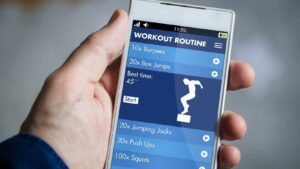 Lifestyle apps are mobile applications designed to assist individuals in various aspects of their daily lives. These apps cater to a wide range of needs, including fitness tracking, meal planning, time management, and mental well-being. By providing features such as personalized goal setting, activity monitoring, and behavior tracking, lifestyle apps empower users to make positive changes and achieve their lifestyle objectives more effectively.
Lifestyle apps are mobile applications designed to assist individuals in various aspects of their daily lives. These apps cater to a wide range of needs, including fitness tracking, meal planning, time management, and mental well-being. By providing features such as personalized goal setting, activity monitoring, and behavior tracking, lifestyle apps empower users to make positive changes and achieve their lifestyle objectives more effectively.
Categories of Lifestyle Apps
There are several categories of lifestyle apps available to users, each focusing on different aspects of personal well-being and improvement. Some common categories include:
- Fitness Apps: These apps help users track their physical activity, set fitness goals, and monitor their progress over time. They often include features like workout plans, step counters, and calorie trackers to promote a healthier lifestyle.
- Nutrition Apps: Nutrition apps assist users in planning balanced meals, monitoring their calorie intake, and making healthier food choices. They may offer recipe suggestions, grocery lists, and nutritional information to support users in achieving their dietary goals.
- Productivity Apps: Productivity apps are designed to enhance time management skills, increase focus, and boost efficiency in daily tasks. These apps may include features like task lists, habit trackers, and goal-setting tools to help users prioritize their responsibilities effectively.
- Mindfulness Apps: Mindfulness apps focus on mental well-being, stress reduction, and relaxation techniques. These apps often offer guided meditations, breathing exercises, and cognitive behavioral therapy practices to promote emotional balance and overall mental health.
By exploring the various categories of lifestyle apps, individuals can find the right tools to support their well-being goals and enhance different aspects of their daily routines.
The Impact of Lifestyle Apps on Daily Life
Improving Health and Fitness
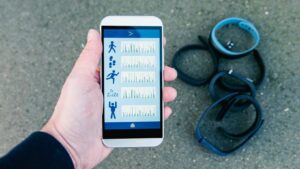 Lifestyle apps play a pivotal role in enhancing health and fitness by providing users with convenient tools to monitor, track, and improve their physical well-being. These apps offer features such as workout plans, step counters, calorie trackers, and even virtual fitness classes. By utilizing lifestyle apps focused on health and fitness, individuals can seamlessly integrate exercise routines and healthy habits into their daily lives.
Lifestyle apps play a pivotal role in enhancing health and fitness by providing users with convenient tools to monitor, track, and improve their physical well-being. These apps offer features such as workout plans, step counters, calorie trackers, and even virtual fitness classes. By utilizing lifestyle apps focused on health and fitness, individuals can seamlessly integrate exercise routines and healthy habits into their daily lives.
Enhancing Personal Productivity
Incorporating lifestyle apps into daily routines can significantly boost personal productivity by offering various tools and resources to manage time effectively, prioritize tasks, and enhance overall efficiency. Productivity apps enable users to create to-do lists, set reminders, organize schedules, and even track daily habits to optimize performance. By leveraging these apps, individuals can streamline their workflows, increase focus, and achieve better work-life balance.
Popular Features in Lifestyle Apps
Customization and Personalization
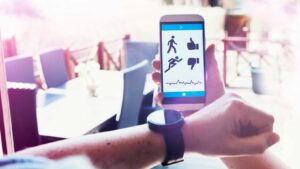 Personalization is a key feature found in many lifestyle apps, allowing users to tailor the app to their specific needs and preferences. By inputting personal information like fitness goals, dietary restrictions, or sleep patterns, the app can generate customized recommendations and content. For example, a fitness app may create workout plans based on an individual’s fitness level and goals, while a nutrition app could suggest meal plans that align with dietary preferences. Additionally, some apps incorporate voice generator text to speech features, enhancing accessibility by converting text-based instructions or notifications into spoken words, making it easier for users to engage with the app hands-free.
Personalization is a key feature found in many lifestyle apps, allowing users to tailor the app to their specific needs and preferences. By inputting personal information like fitness goals, dietary restrictions, or sleep patterns, the app can generate customized recommendations and content. For example, a fitness app may create workout plans based on an individual’s fitness level and goals, while a nutrition app could suggest meal plans that align with dietary preferences. Additionally, some apps incorporate voice generator text to speech features, enhancing accessibility by converting text-based instructions or notifications into spoken words, making it easier for users to engage with the app hands-free.
Integration with Other Services
Many lifestyle apps offer integration with other services to provide a seamless user experience. For instance, a fitness app may sync with wearable devices or other health apps to consolidate data and provide a comprehensive overview of an individual’s health and fitness metrics. This integration not only simplifies data management but also enhances the functionality of the app by allowing users to access a wider range of features and services.

